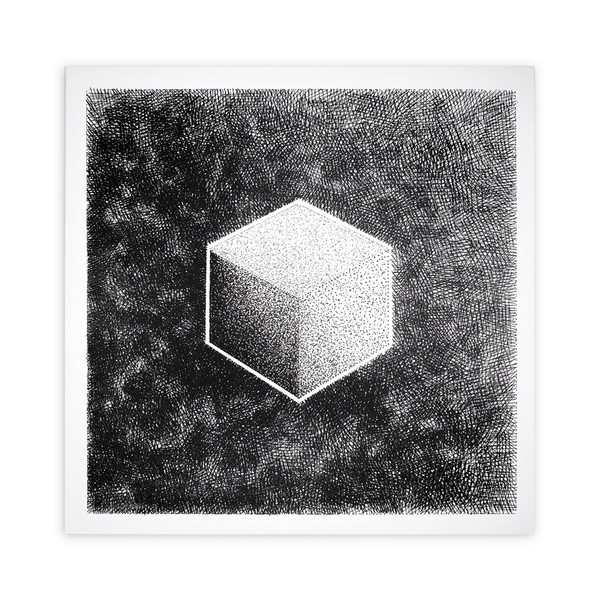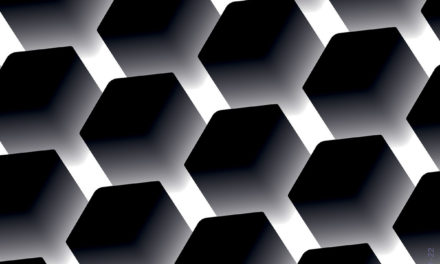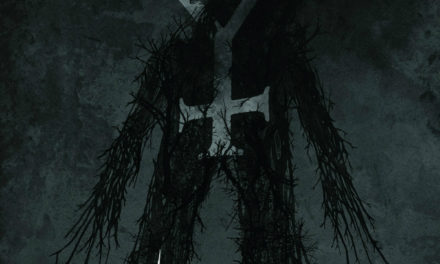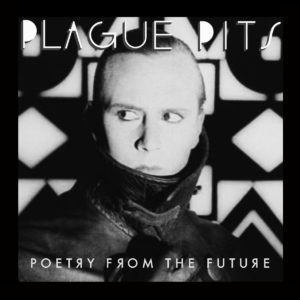
Plague Pits
Poetry from the Future
self-released
The Bandcamp page for Swiss coldwave group Plague Pits’ new release Poetry from the Future doesn’t come with any hype or specifics concerning it’s creation; instead the collective include a paragraph from the Communist Manifesto, which the band reiterate in the lyrics to “Solid”. There’s a certain perversity to invoking the revolutionizing of the means of production while invoking a distinctly throwback style of synthesized music, but it certainly seems like Plague Pits are cognizant of the friction between those ideas, and the energy it produces. Take for example “Divide – Subtract”, where their dry, minimal synthpop contrasts spry leads that ping pong across the stereo spectrum with a dour vocal that laments the reduction of human life to easily digested and measured numbers. Or how the snappy drums and chittering synths of the title track have a claustrophobic menace to them, complimenting a simple and wistfully delivered paean to a promised future that never seems to arrive and the wonders it might have possessed. Harnessing that early continental synth sound so ably, even on instrumentals “Future Poetry” and the robotically funky “Desiring Machines” is half the battle, but the other half (as evidenced on the sampled political screed that accompanies “Spectators”) is creating some contextual framework for its digestion and reiteration so many years after its heyday.
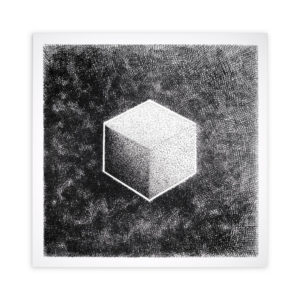
Vromb
Polygonie
Ant-Zen
Montreal’s Mario Girard has been trading in rhythmic industrial and related styles for nearly 30 years, often as part of the broader Ant-Zen world. His new LP Polygonie takes his sound in a more abstract and at times IDM-ish direction, as could perhaps be predicted from the LP’s geometrically themed titles. But while tracks like “Rupture Sur La Distance” and “En Formation” have the sort of contemplative architecture their names suggest (the latter and its sister track “En Mouvement” being exercises in Kraftwerkian austerity), Polygonie isn’t a rote exercise in form. Rather, the sparse construction of the record puts a big spotlight on the particulars of Girard’s sound design, which is far more wet and organic than might be expected. The squelches of “Actions Diagonales” and the trickling burps of “Fréquences D’ombres” show that Girard’s recent slide towards the more theoretical and structurally-minded side of composition doesn’t have to come at the cost of engaging and tactile palettes of sound.

